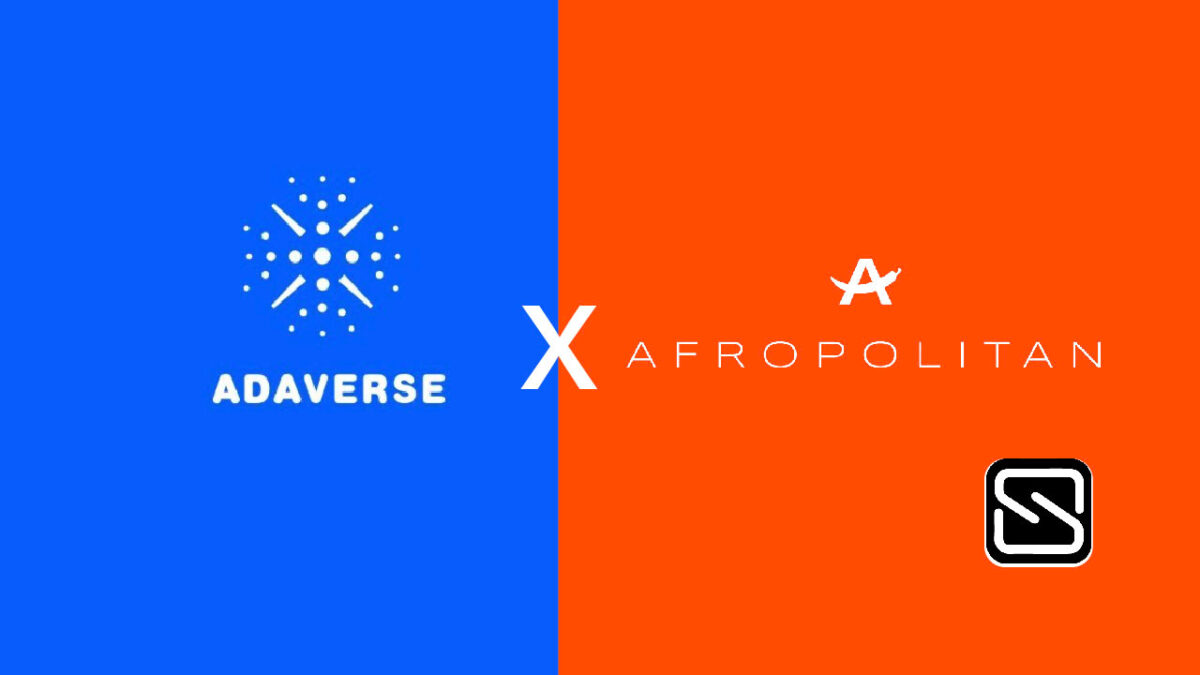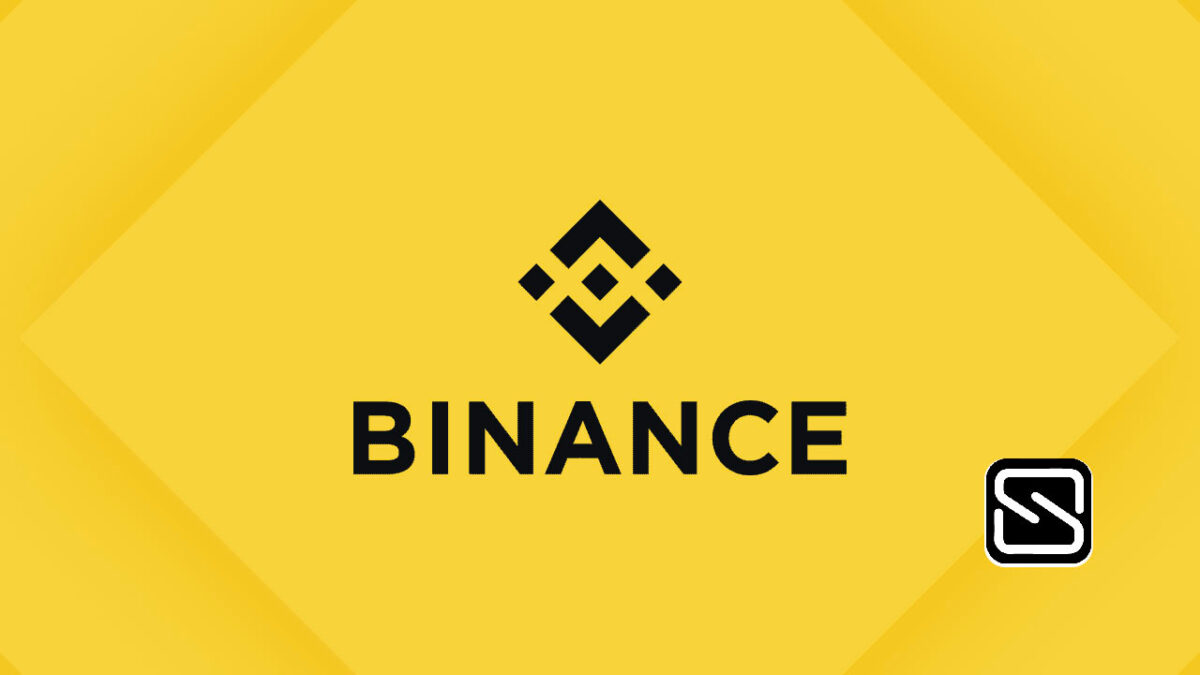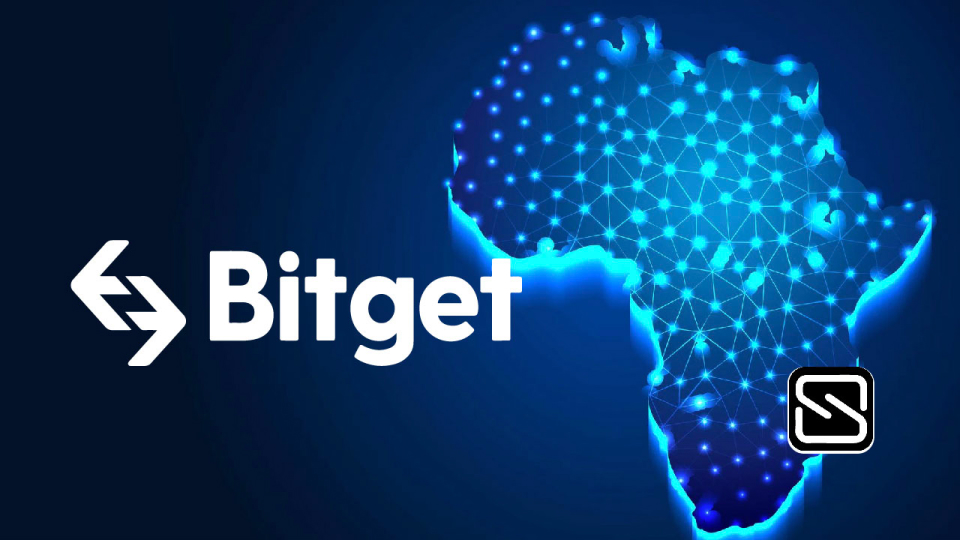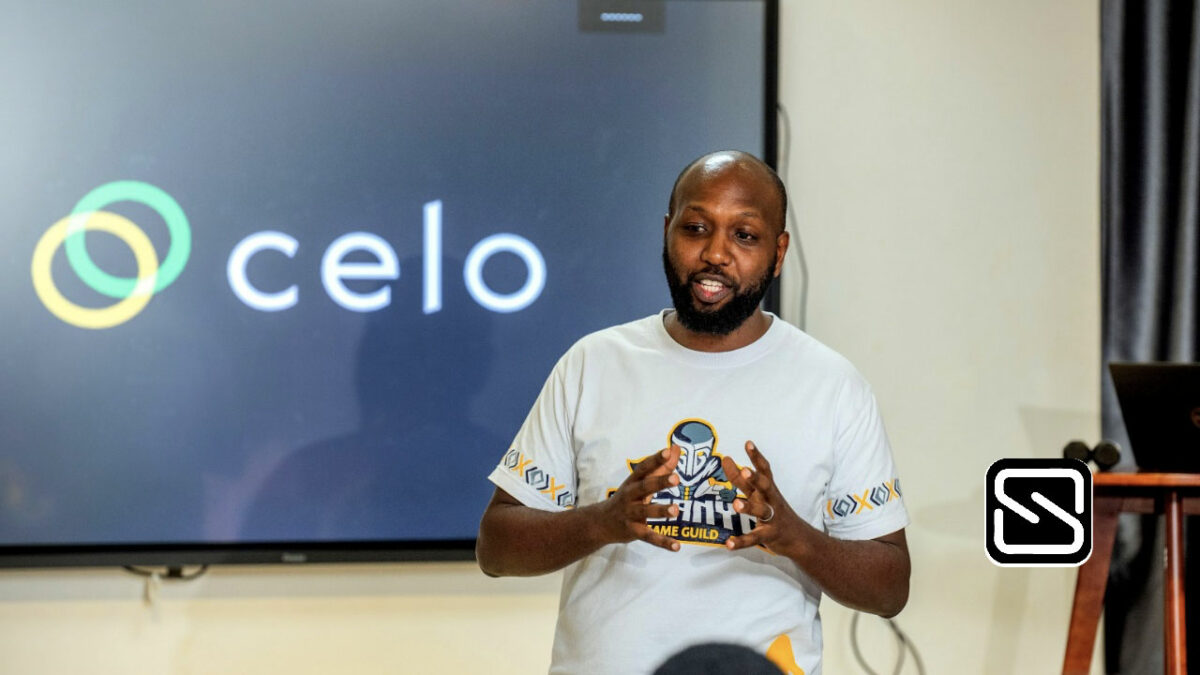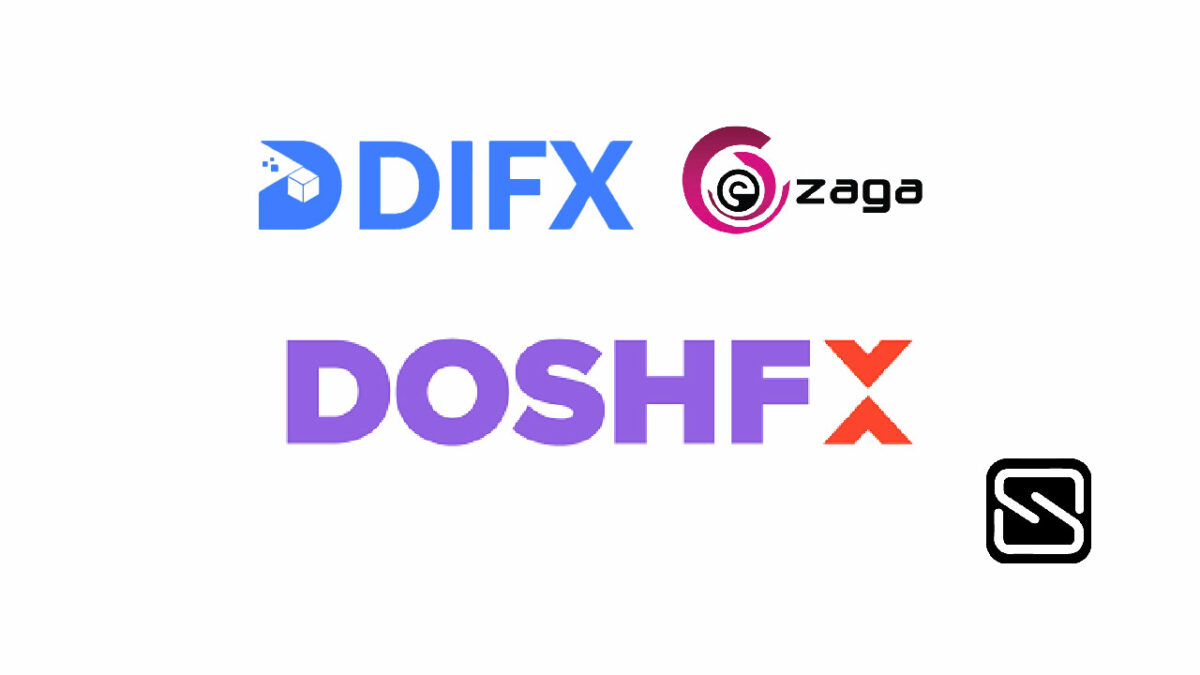Ejara, a Cameroonian fintech company, has acquired $8 million in Series A funding for its investment application, which enables users to buy a cryptocurrency and save money via decentralized wallets. The growth round was co-led by the London-based venture capital firm Anthemis and the cryptocurrency-focused fund Dragonfly Capital. Anthemis is a follow-on investor in Ejara, having also led the fintech’s $2 million seed round announced last October.
According to TechCrunch, participating VC firms in this new financing include other follow-on investors Mercy Corps Ventures, Coinshares Ventures, and Lateral Capital, and new investors such as Circle Ventures, Moonstake, Emurgo, Hashkey Group, and BPI France. Furthermore, Jason Yanowitz, co-founder of Blockworks, is one of the angels in the round.
Using blockchain technology, Ejara seeks to democratize access to savings and investment products throughout the region.
Additionally, while its recently launched savings product where it tokenizes government bonds is one of the ways it uses blockchain, so is its crypto product, which was pivotal to the two-year-old startup raising $10 million in less than 18 months.
CEO Nelly Chatue-Diop and her co-founder Baptiste Andrieux saw an opportunity to increase cryptocurrency activity in the region by giving customers in Francophone Africa the ability to buy, sell, trade, and keep their crypto investments. However, unlike most crypto platforms in Africa that provide custodial wallets to users, Ejara offered customers the option of non-custodial wallets so they could own and store their keys.
That choice paid off, especially now that the failure of FTX and other crypto companies has once again highlighted the necessity for users to put privacy and ownership first when working with cryptocurrencies and tokenized assets.
TechCrunch further reported that in an interview with Chatue-Diop, she commented, “When everyone was taking the other route and building centralized exchanges, we always thought that, if you want to own crypto, you need to own your keys. And that’s pretty much what’s saved us in turbulent times.”
Ejara’s crypto product has caught on fast with users in a region where access to financial products is limited to the most informed and wealthy.
In addition, users may access crypto, link their mobile money accounts, and utilize stablecoins to conduct international transactions. This is one of the reasons the platform’s user base has increased significantly over the past 14 months.
Last October, the platform had 8,000 users from Cameroon, its first market, and others, including Ivory Coast, Burkina Faso, Mali, Guinea, and Senegal. Now, it counts more than 70,000 users across nine Francophone African countries.
With this product, the Cameroonian fintech asserts that users do not need to set up a bank account to access savings products but can instead start that journey with Ejara by downloading its app and depositing a minimum of 1,000 CFA franc (~$1.5). According to Chatue-Diop, users can earn up to 10% interest on their two-year deposits on the platform. She also stated that Ejara is going up against traditional financial institutions with this product.
She further stated, “The competition for treasury bonds is with the traditional asset managers and banks. And given the way they are structured, they mainly target high-net-worth individuals and institutions like other banks or insurance companies. Nobody is targeting the woman selling in the markets or the man driving a motorbike for a living. And because we structure the product the way we do, we have many people come to our platform because they can save up to 1,000 CFA franc daily.”
Both lead investors in this round recognize Ejara’s ambition to be a financial super app of some sort for users in French-speaking Africa and even those in the diaspora who send and invest money back home.
Mia Deng, a partner at Dragonfly, said Ejara is well-positioned to imitate the growth of China’s Alipay and WeChat Pay, two prominent web2 super apps, and help the Francophone region achieve a web3 financial leap in the coming years.
Commenting on Ejara’s potential, Ruth Foxe Blader, partner at Anthemis, stated, “Conscious of the challenges across the zone, Ejara does not intend to limit itself to being a crypto app, but rather to become a one-stop shop for products tailored to the needs of Africans: a shop where a suite of financial products will be accessible at their fingertips, without the need for any crypto knowledge.”
Chatue-Diop also noted, “The initiative we launched for women and orphans and girls is to improve their financial literacy and computer skills. When I think about Ejara, I think about an ecosystem and as a leveler to bring the community together, whether they are in Africa or the diaspora, whether they belong to the elites, or they are in the poorer layers of the community.”
She also mentioned that Ejara recently obtained a license to extend its offerings to the French-speaking diaspora in Europe.
It should be noted that at $10 million, Ejara is one of Cameroon’s most-funded companies. Additionally, it appears the market is rapidly embracing innovation, and its ecosystem which for the most part, embodies a strict regulatory landscape is becoming more attractive to foreign venture capital despite the current global downturn.


